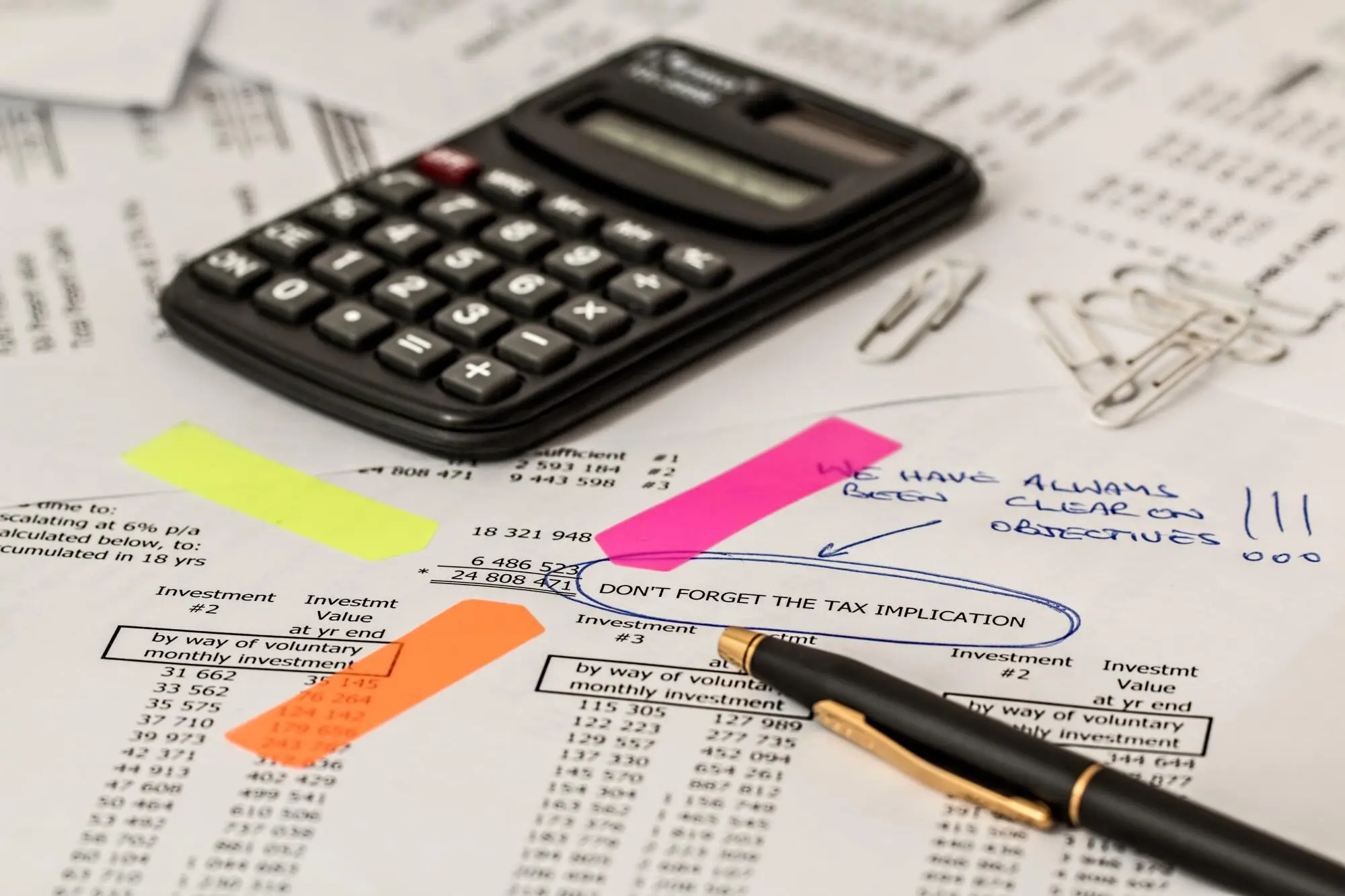Did you know that the IRS issues millions of penalties every year, amounting to over $25.6 billion in additional taxes due to late or incorrect filings? For property managers and landlords, tax season isn't just about paperwork-it's about avoiding costly fines, ensuring compliance, and maximizing financial benefits.
Mismanaging tax statements and 1099s can lead to audits and penalties, making it crucial to stay organized and informed. In this article, we'll explore essential tax preparation steps to help you streamline your process, meet deadlines, and safeguard your financial success.
Understanding Tax Statements and 1099s
Tax statements and 1099s serve as crucial financial documents for property managers. Specifically, 1099 forms are utilized to report income received from rental properties, contractor payments, and services rendered during the tax year. As a property manager, you are required to provide 1099 forms for payments exceeding $600 to landlords, contractors, and service providers.
This compliance not only helps streamline property management tax processes but also reduces the risk of audits from the IRS. Recording accurate payment history is vital, ensuring that everyone involved meets their respective tax obligations.
Steps for Efficient Tax Preparation
Effective property tax preparation begins with organized record-keeping. Follow these steps to simplify the process:
Keep Detailed Records
Maintain comprehensive records of all income and expenses throughout the year. This includes rental payments, repairs, and maintenance fees. Software tools can assist in tracking these transactions.
Utilize Accounting Software
Invest in property management software that integrates accounting features. Many systems automatically generate 1099 forms based on inputs, reducing manual effort and potential errors.
Be Mindful of Deadlines
Familiarize yourself with Denton tax filing deadlines to ensure timely submissions. 1099 forms must be issued to recipients by January 31 and filed with the IRS by February 28 (March 31 if filing electronically).
Consult a Tax Professional
For complex situations, a professional can help you stay compliant with landlord tax regulations. They also provide personalized advice and maximize deductions.
Future Trends in Tax Management
As technology advances, tax management in the property industry is expected to become more streamlined and efficient through digital innovations. AI-driven software will play a crucial role in predicting tax obligations based on historical data, identifying potential deductions, and minimizing human errors.
Additionally, cloud-based accounting platforms will enhance tax preparation by offering real-time financial tracking, automated reporting, and seamless integration with other financial systems. Future legislative changes may further simplify tax requirements for property managers while promoting greater transparency.
Landlords and property managers should remain proactive and educated about any changes in tax laws, ensuring compliance and capitalizing on opportunities in efficient tax filing practices.
Take Control of Your Property Taxes
Managing tax statements and 1099s doesn't have to be daunting. By implementing organized strategies, utilizing technology, and being mindful of compliance, property managers can achieve greater peace of mind during tax season.
At PMI United, we combine cutting-edge technology, expert financial management, and 20+ years of industry experience to help property managers and landlords stay compliant while maximizing returns. Don't let tax season slow you down-partner with us for seamless property management and financial success!


